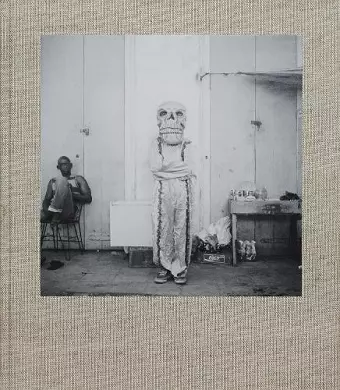
This non-fiction hardback, "Kanaval" from Leah Gordon, was published 1st December 2021 by Here Press.
ISBN: 9781999349479
Dimensions: unknown
Weight: 600g
152 pages

This non-fiction hardback, "Kanaval" from Leah Gordon, was published 1st December 2021 by Here Press.
ISBN: 9781999349479
Dimensions: unknown
Weight: 600g
152 pages